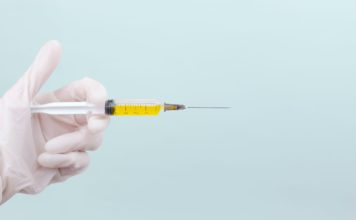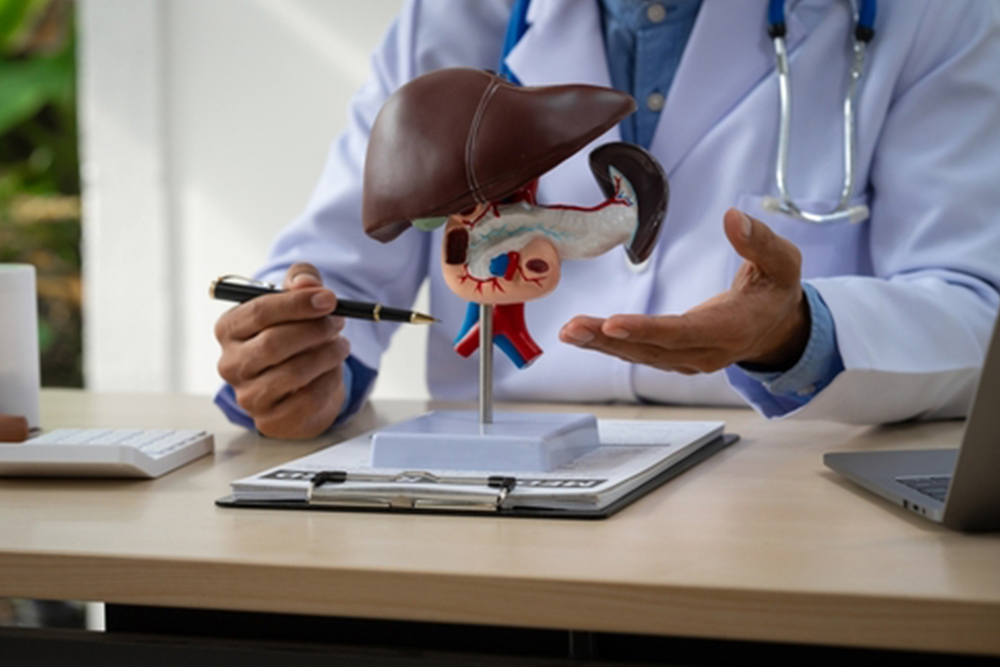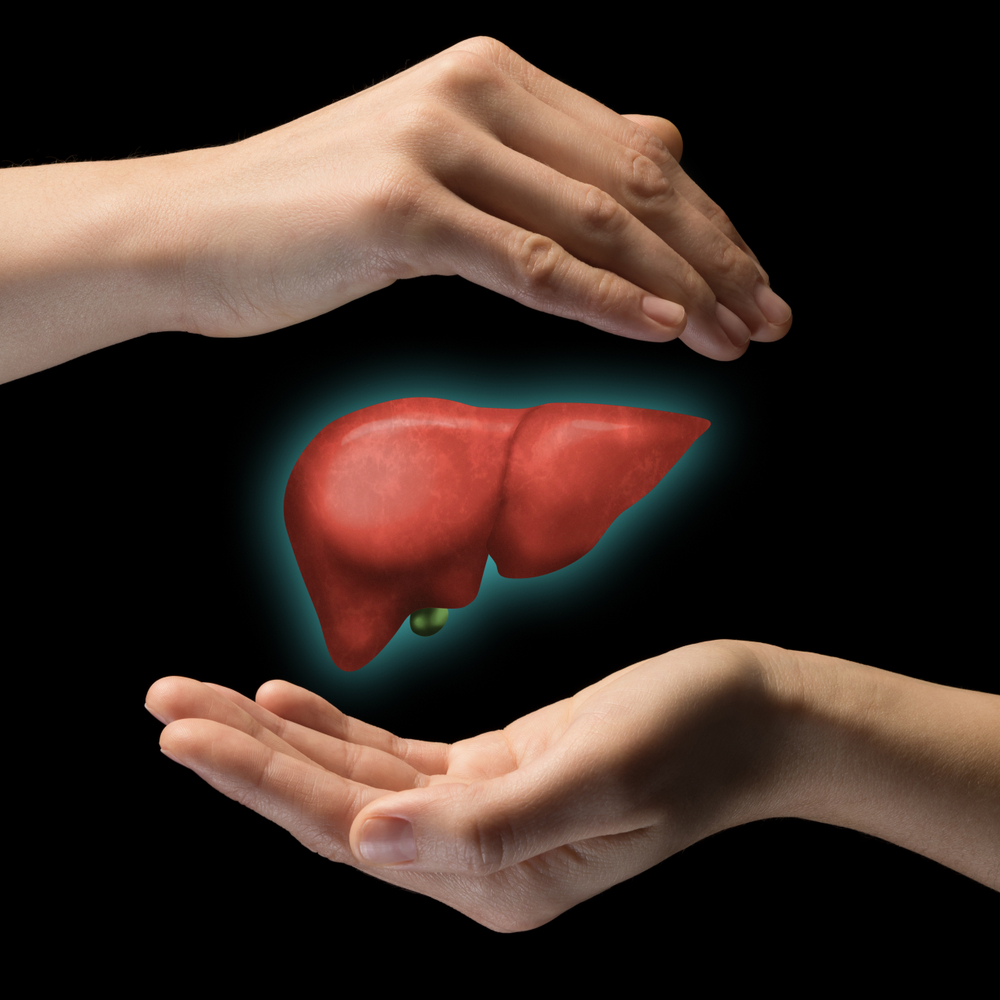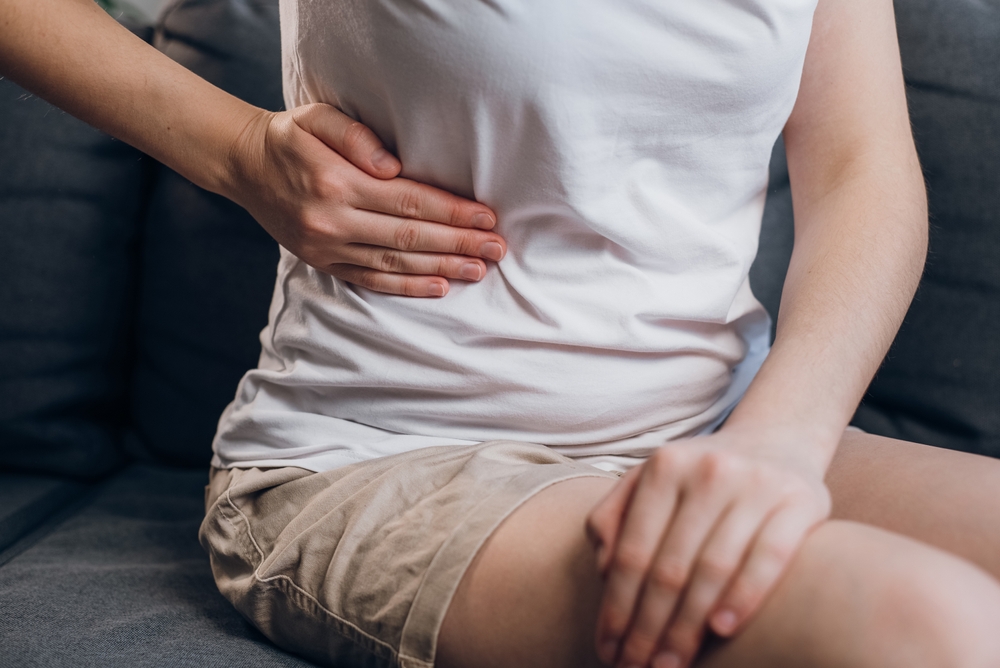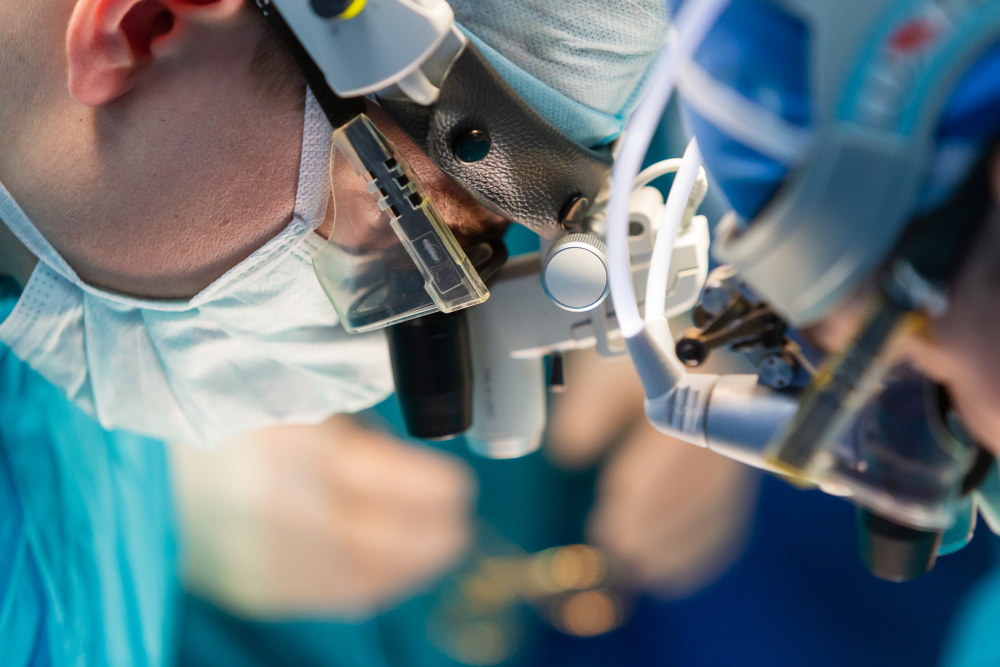Postoperative pain following orthopedic surgery can significantly affect recovery and quality of life, often leading to chronic pain conditions. Current treatments, including NSAIDs and opioids, come with risks such as gastrointestinal issues, cardiovascular problems, and potential addiction. Research indicates that the immune response, particularly the role of glial cells and macrophages in the dorsal root ganglia (DRG), plays a crucial role in chronic pain development after surgery.
This study explored the efficacy of percutaneous vagus nerve stimulation (pVNS) as a novel approach to managing postoperative pain and promoting bone healing in a mouse model of tibial fracture. The results demonstrated that weekly pVNS significantly reduced mechanical and cold allodynia and improved motor function. Additionally, pVNS treatment decreased the activation of satellite glial cells and the expression of CCL2, a marker linked to chronic pain, in the DRG. These findings highlight the potential of pVNS as an effective intervention for managing postoperative pain with minimal side effects, warranting further investigation for clinical applications in humans.
Reference: Wu PY, Caceres AI, Chen J, et al. Vagus nerve stimulation rescues persistent pain following orthopedic surgery in adult mice. Pain. 2024 Aug 1;165(8):e80-e92. doi: 10.1097/j.pain.0000000000003181. Epub 2024 Feb 27. PMID: 38422485; PMCID: PMC11247455.

